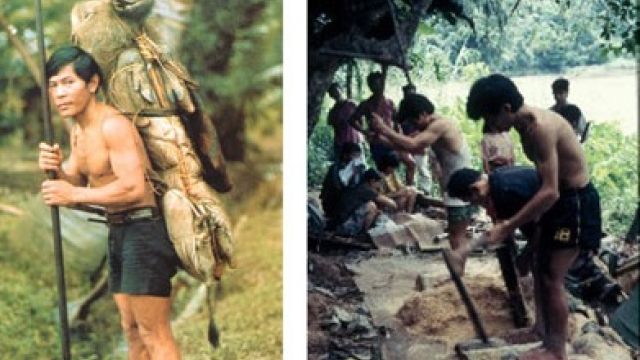CAR Seminar series - Tropical Forest Foragers and Rice Farmers: the Borneo case, Historical Perspectives, and Suggestions about Prehistory

Dr. Bernard Sellato
Tropical Forest Foragers and Rice Farmers: the Borneo case, Historical Perspectives, and Suggestions about Prehistory.
Nomadic hunter-gatherers, Punan and Penan, live/d in small scattered bands in Borneo’s tropical forests. Contrasting with others regions, these forests offer abundant supplies of starch-rich palm tree species, allowing for complete food sufficiency and invalidating such ideas as the “Green Desert” theory. This presentation examines the nomads’ management of natural resources and their social organisation; the modalities of their relations with neighbouring rice farmers; and the historical processes of their shift to more settled ways of life, focusing on stable mixed economic patterns straddling foraging and farming, and stressing economic continuums against out-dated notions of foraging-farming dichotomy. In the light of cultural and linguistic arguments against the notion of “devolution” (i.e., Borneo’s nomads being former farmers and “secondary” commercial foragers), it briefly reviews recent archaeological findings in Sarawak, which are opening exciting new perspectives on a very extensive period prior to the coming of speakers of Austronesian languages. The Borneo case hints both at a lengthy progressive pre-Austronesian development of “neolithisation” and at the continuity of marginal foraging ways of life from prehistory to our days. Genetic geography studies soon should contribute to shed light on the broader picture.